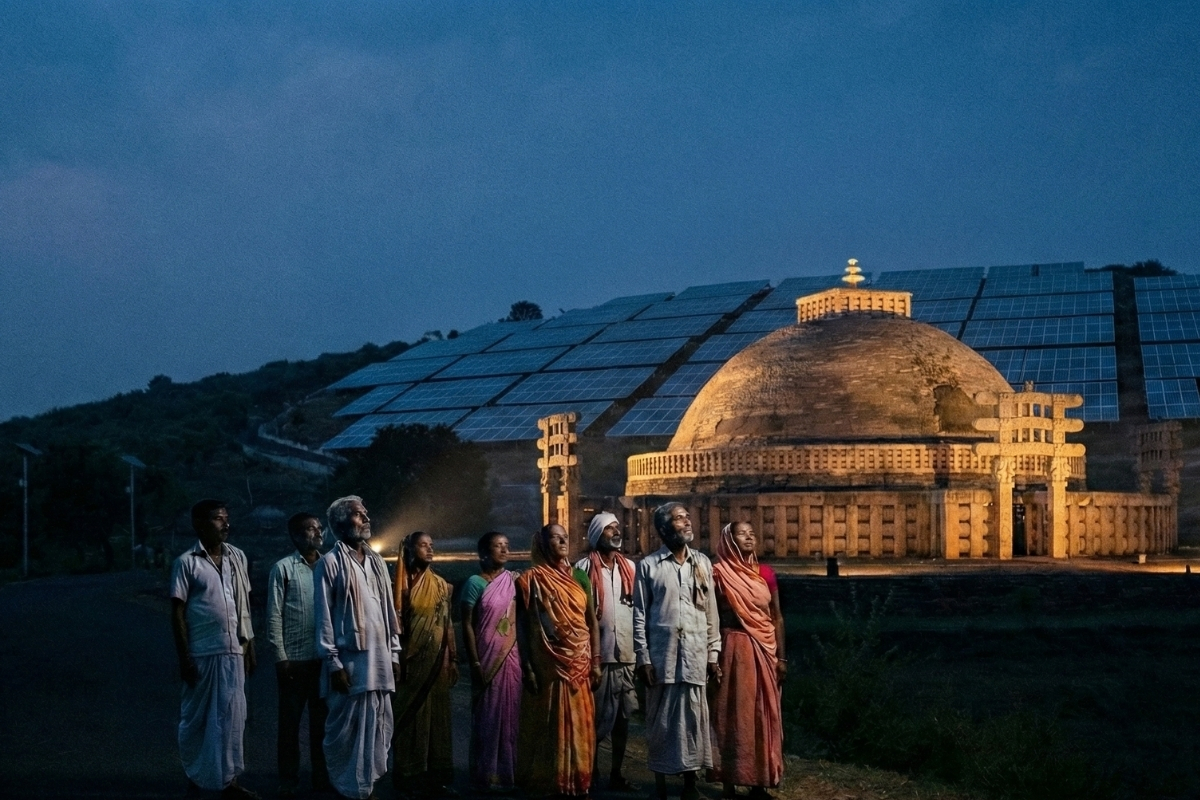As the world faces escalating climate challenges, the next generation of nationally determined contributions (NDCs) is poised to play a critical role in sustaining the commitments of the 2015 Paris Agreement. To limit global warming to 1.5°C, the urgency for countries to submit ambitious climate plans by February 2025 is unprecedented.
COP28 sets 1.5°C climate goals
The recent COP28 summit in Dubai underscored a collective commitment among nations to keep global temperature increases to 1.5°C. The decision highlighted the need for national climate strategies that set ambitious 2035 targets and reassess interim 2030 targets. This approach is crucial for transitioning economies from fossil fuels, reversing deforestation, transforming food systems, and building resilience against climate change impacts.
In a letter to all UNFCCC focal points, key climate organizations emphasized that the upcoming NDCs must commit to ending fossil fuel expansion, set economy-wide and sector-specific targets, and outline plans to triple renewable energy capacity. Signatories include 350.org, the International Institute for Sustainable Development (IISD), and the Union of Concerned Scientists.
Global leaders initiative
Brazilian President Lula recently promised to deliver a climate plan in line with the 1.5°C goal, which further increased the urgency for ambitious NDCs. As world leaders gather in New York City for the UN General Assembly, Azerbaijan and the UAE are expected to announce their NDC commitments, adding to the global climate action momentum.
Kaysie Brown, Associate Director on Climate Diplomacy and Geopolitics at E3G, highlighted the importance of ambitious NDCs as blueprints for reducing greenhouse gas emissions while driving economic growth. “If done well, they can tackle poverty and economic insecurity,” she stated, urging governments to demonstrate bold leadership in climate commitments.
Climate change impacts extend beyond environmental concerns; they significantly impact public health as well. Dr. Jeni Miller, Executive Director of the Global Climate and Health Alliance, emphasized that rising global temperatures lead to catastrophic weather events, food insecurity, and health crises. “Ambitious NDCs are vital for the planet and human life,” she asserted, calling for integration of health considerations into national climate strategies.
Experts agree: action is needed now. The 10 tests for high-ambition NDCs outlined in the letter are essential criteria for governments.
Key criteria for ambitious NDCs
To align with the 1.5°C goal, NDCs must meet the following criteria:
-
Commitment to End Fossil Fuel Expansion: Countries must cut consumption and production while promoting a just economic transition.
-
Ambitious greenhouse gas reduction targets: NDCs should align with the global net-zero emissions goal by 2050.
-
Comprehensive Sectoral Targets: Targets should encompass various sectors beyond energy, including transport, agriculture, and industry.
-
Community Protection Measures: Plans must include adaptation strategies to safeguard communities against climate impacts.
-
Renewable Energy and Efficiency Goals: NDCs should align with commitments to triple renewable energy capacity and double energy efficiency by 2030.
-
Transparency and Clarity: Clear metrics and accountability measures are needed to track progress.
-
Strong Policy Backing: Effective policies must support NDC targets and involve diverse community stakeholders.
-
Scaling Up Climate Finance: Increased funding is essential for a just transition in lower-income countries.
-
Ecosystem Protection and Restoration: Plans must include measures to halt deforestation and protect vital ecosystems.
-
Addressing Food Systems: Strategies should promote sustainable agriculture and reduce emissions from food production.
The call for ambitious NDCs is particularly pertinent for wealthier nations with significant fossil fuel production. Natalie Jones, policy advisor at the International Institute for Sustainable Development (IISD), stated, “Claiming to lead on climate while expanding oil, gas, and coal production is indefensible at this point.” This underscores the urgent need for developed nations to support their developing counterparts through financial and technical assistance.
As countries approach their February 2025 deadline, the opportunity to demonstrate global leadership in climate action is clear. Alexandra Scott, Senior Associate of Climate Diplomacy at ECCO, noted that “ensuring national climate plans provide clear pathways for phasing out fossil fuels is a moral imperative and a major economic opportunity.”
Support us to keep independent environmental journalism alive in India.
Keep Reading
The costliest water from Narmada is putting a financial burden on Indore
Indore’s Ramsar site Sirpur has an STP constructed almost on the lake
Indore Reviving Historic Lakes to Combat Water Crisis, Hurdles Remain
Indore’s residential society saves Rs 5 lakh a month, through rainwater harvesting
Follow Ground Report on X, Instagram and Facebook for environmental and underreported stories from the margins. Give us feedback on our email id greport2018@gmail.com.
Don’t forget to Subscribe to our weekly newsletter, Join our community on WhatsApp, and Follow our YouTube Channel for video stories.









